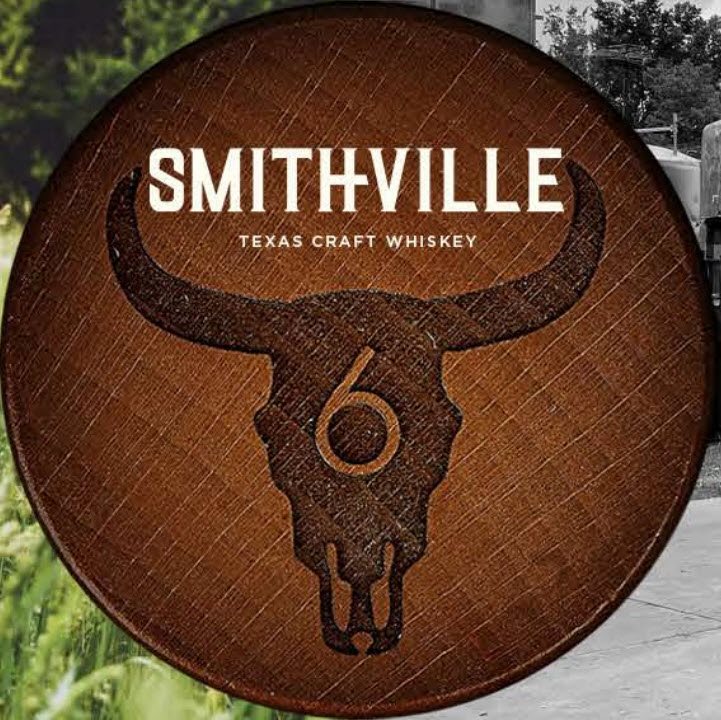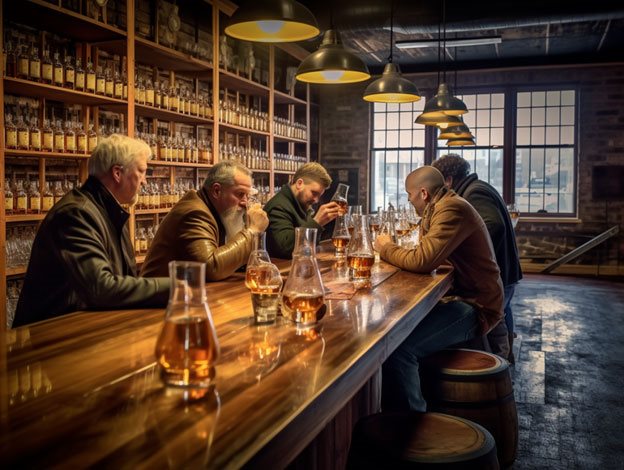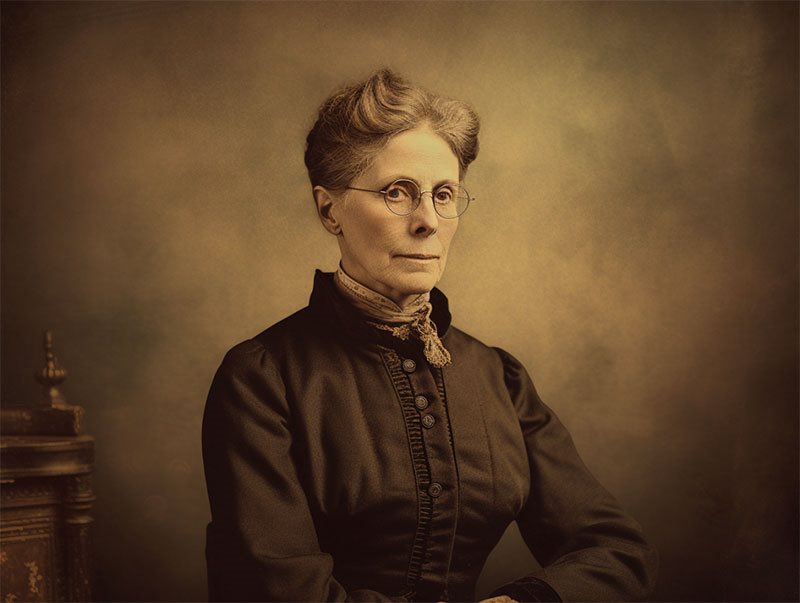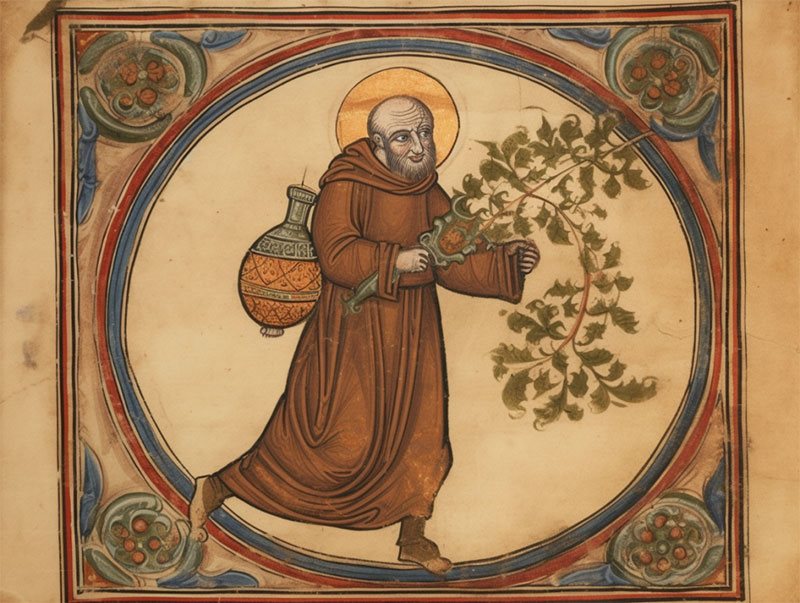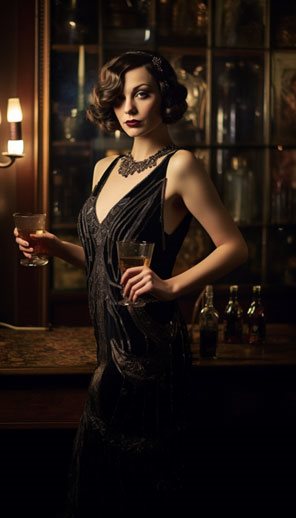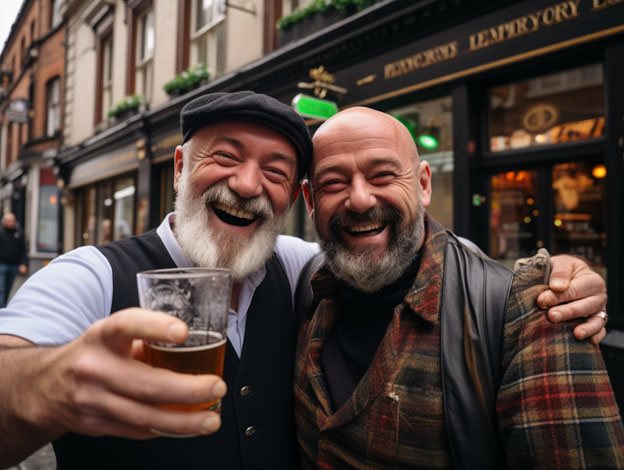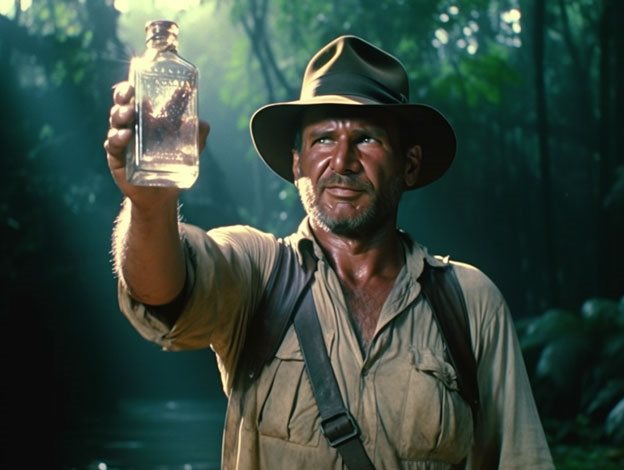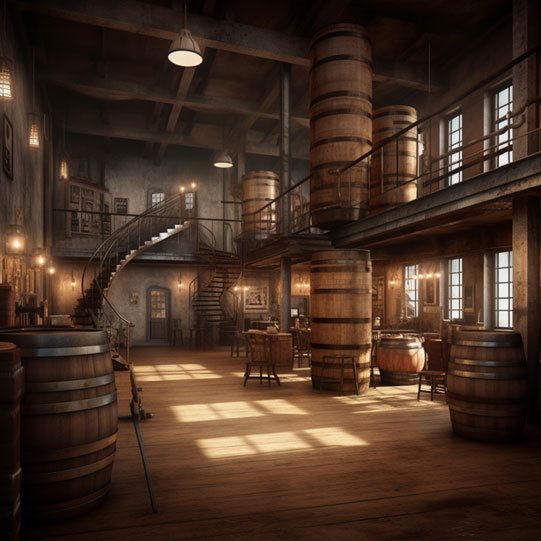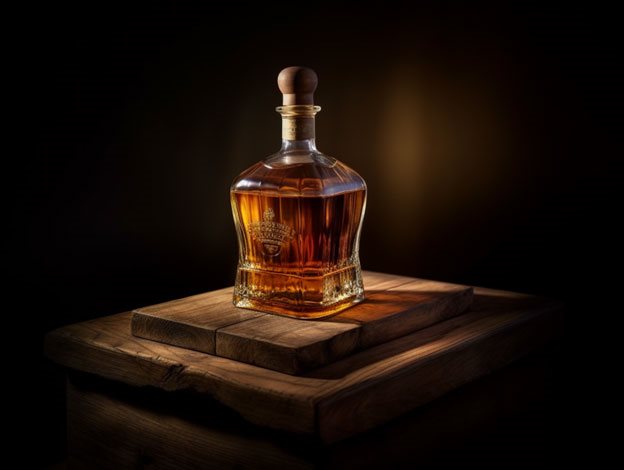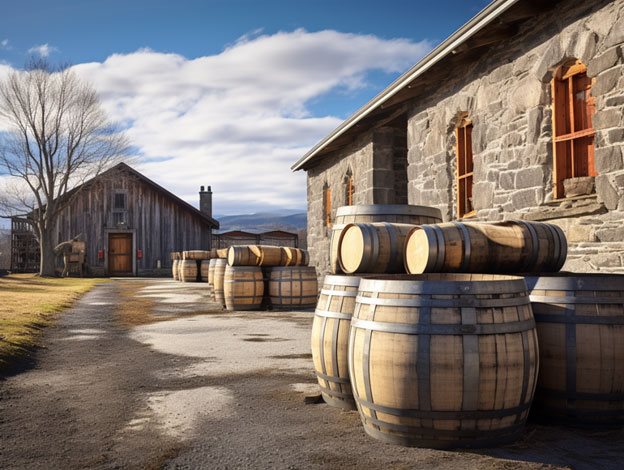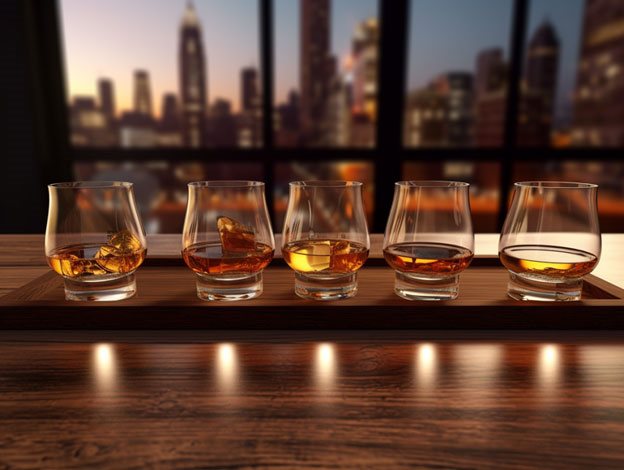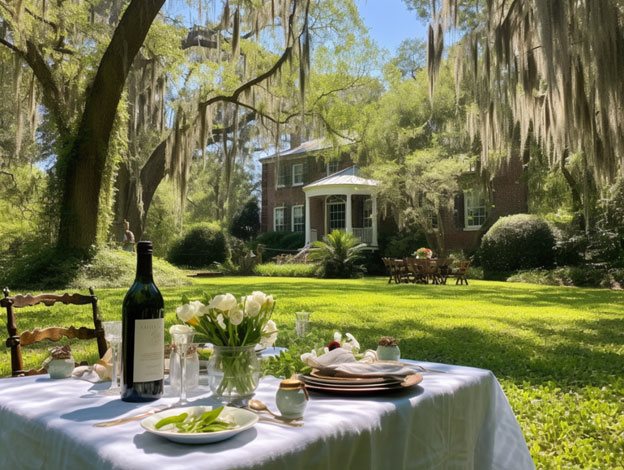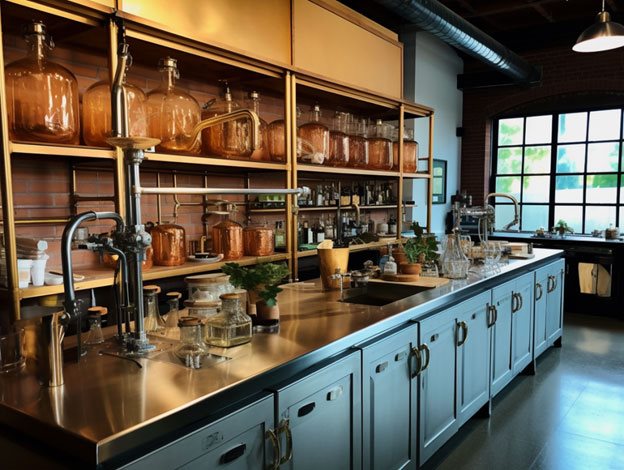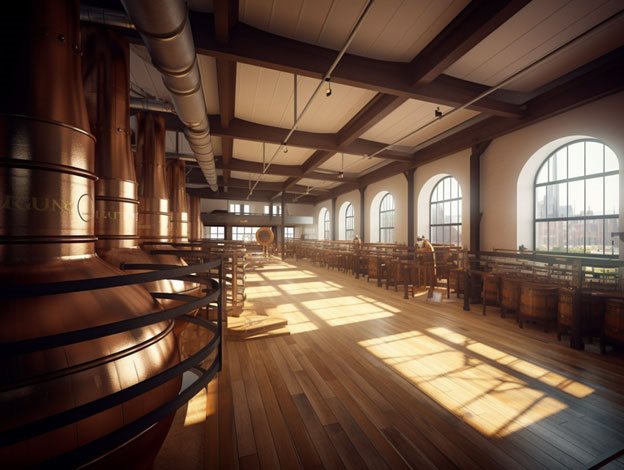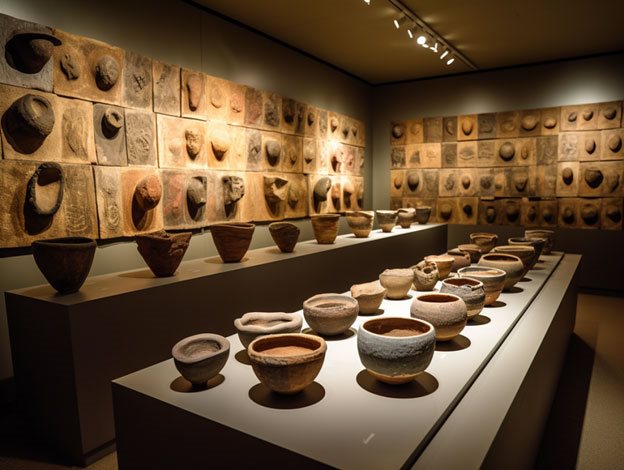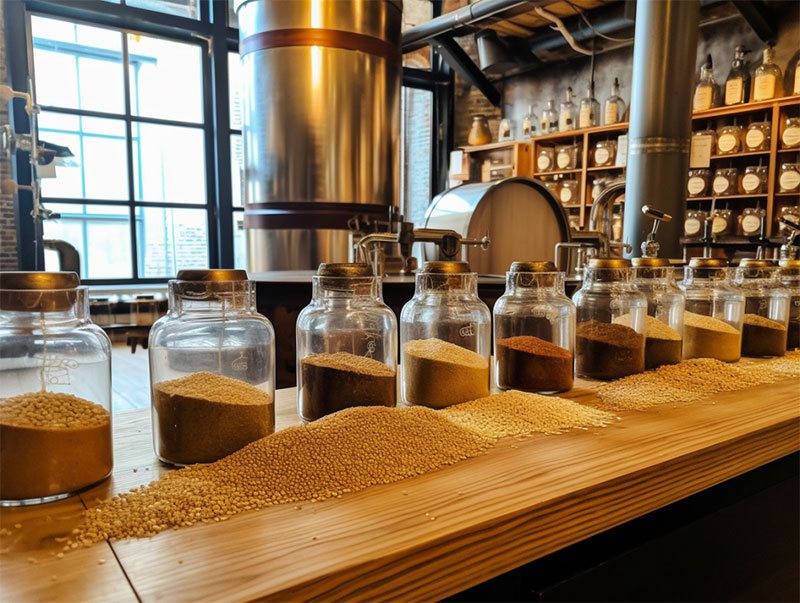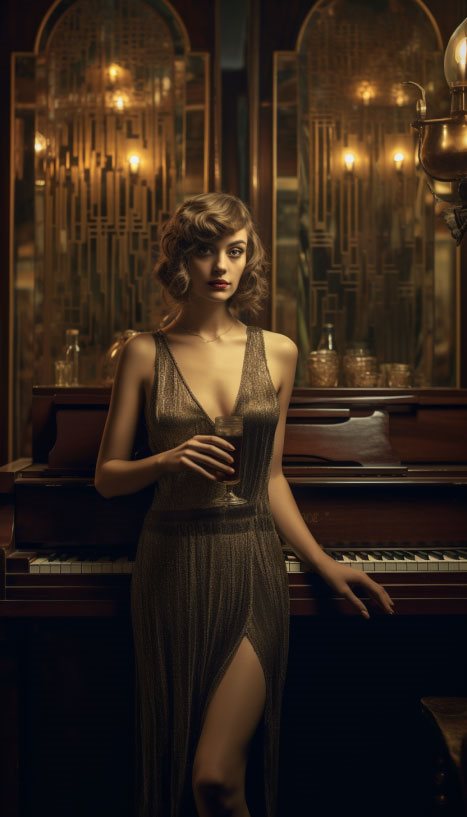Prohibition, the legal enforcement banning alcohol sale and consumption in the United States from 1920 to 1933, was a unique period that saw a rise in illegal activities designed to bypass the law. Women were not merely passive observers; they were active participants, playing integral roles as bootleggers, rum-runners, and speakeasy operators. This article highlights some of the most prominent female bootleggers during Prohibition and explores their stories.
Gertrude "Cleo" Lythgoe – The Queen of the Bootleggers
Cleo Lythgoe, born in Ohio and later a British subject through marriage, earned her nickname 'The Queen of the Bootleggers' due to her extensive rum-running operation in the Bahamas (English, 2008). She exploited a loophole that allowed her to legally purchase and export alcohol from the Bahamas, which she then smuggled into the United States. Intelligent, educated, and resourceful, Lythgoe was an influential figure in the male-dominated world of bootlegging.
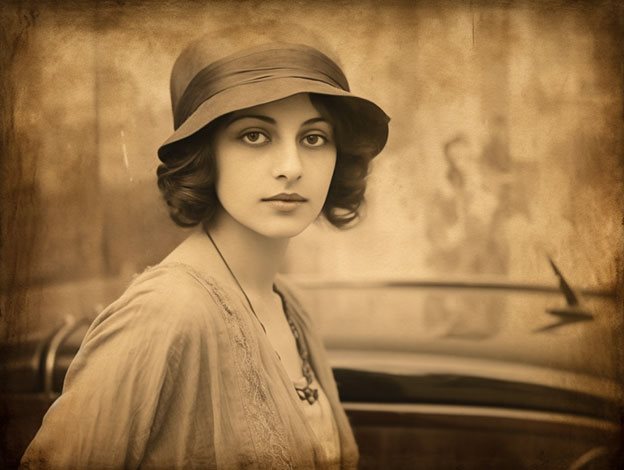
Bertha Thompson aka “Birds of Paradise”
Bertha Thompson, better known as “Birds of Paradise”, began her illicit career in the 1920s. She operated out of Oklahoma, smuggling whiskey from her boat named "Island Queen". Bertha’s bootlegging activities were sophisticated, often involving ingenious hideouts in swamps and even using Native American land for storage and distribution due to its autonomy (Everett, 1991). Her tenacious spirit and clever tactics made her a renowned figure during Prohibition.
Maggie Bailey - The Uncrowned Queen of the Kentucky Mountains
Born and raised in the coal-mining community of Harlan County, Kentucky, Maggie Bailey turned to bootlegging to make a living during Prohibition. Despite numerous arrests and trials, Bailey continued her bootlegging operations well into her old age, earning her the moniker "The Uncrowned Queen of the Kentucky Mountains". She was well-respected in her community for her generosity, often helping those in need (Stephenson, 2008).
Texas Guinan - The Queen of the Night Clubs
While not a bootlegger herself, Texas Guinan played a crucial role during Prohibition by operating some of the most famous speakeasies in New York City. A former film actress and producer, she opened her first club, the 300 Club, in 1920. Her clubs were renowned for their glamorous patrons, raucous entertainment, and, importantly, an abundant supply of illegal alcohol. Guinan’s brash persona and quick wit made her an icon of the Roaring Twenties (Sann, 1967).
In conclusion, these prominent female bootleggers challenged the conventions of their time and carved out roles for themselves during Prohibition. Their stories contribute to the colorful and complex history of this period, highlighting the fact that women were not only influential in starting Prohibition through the Temperance Movement but were also key players in circumventing the alcohol ban.
References
- English, T.J. (2008). The Queen of the Rumrunners. In Paddy Whacked: The Untold Story of the Irish American Gangster. New York: HarperCollins.
- Everett, Dianna. (1991). The Texas Legacy of Katherine Ann Porter. University of North Texas Press.
- Stephenson, Dick. (2008). Feuds, Rumrunners, and Folklore: True Tales from the Mountains of Harlan County. The History Press.
- Sann, Paul. (1967). The Lawless Decade: A Pictorial History of a Great American Transition: From the World War I Armistice and Prohibition to Repeal and the New Deal. New York: Crown Publishers.
